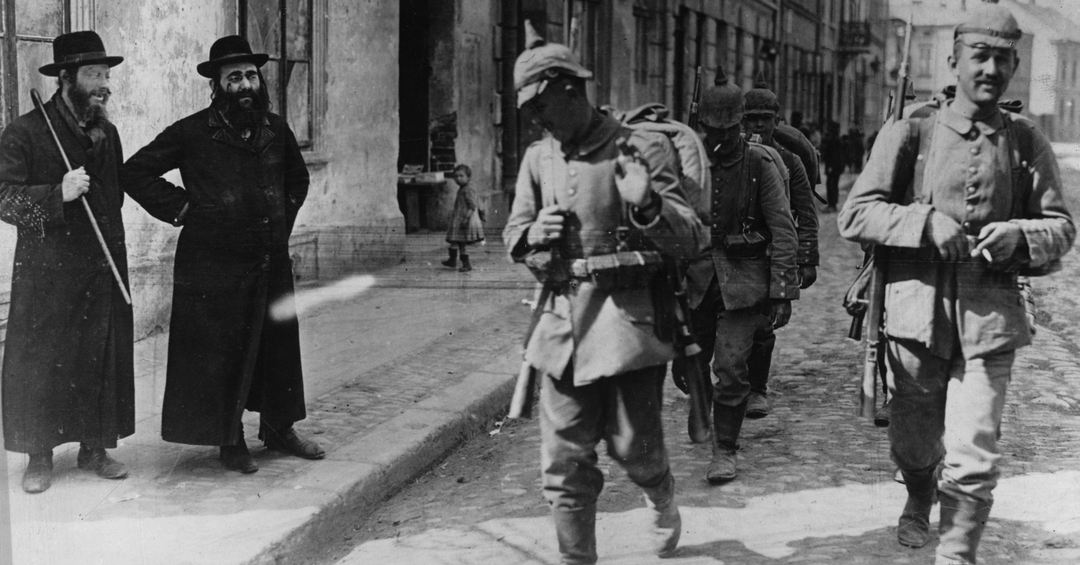World War I had a big impact on the Jewish community worldwide. This was the time when the world witnessed some gruesome international conflicts. During World War I, there was a large concentration of Jews in certain countries. They enlisted in large numbers to the armies of the nations involved in the war.
Many Jewish leaders were successful in making an impact on the political policies of major powers. At some places, the war also deepened hostilities towards the Jews. This was the case in parts of Eastern Europe and Germany.
The situation in Europe during the first World War
On the eastern front, the war went on between Russia and the Central Powers. The Central Powers included Germany and Austria. It’s interesting to note that the war on the eastern front was on territories with nearly four million Jews. During the years 1914 and 1915, Austrian Galicia was occupied by the Russian military.
In 1915, Congress Poland, Lithuania, Volhynia, and western Belorussia came under Austria and Germany. Under the Russian rule, there was great suspicion that Jews were collaborating with the enemy. The czarist army banished about 600,000 Jews from the front.
This was both an economic disaster and a traumatic experience for the Jews. One could see its after-effects even after the war. The Jews around the world established welfare organizations on a large scale to help their impoverished and displaced brethren.
Testing the Jewish loyalty
When the war broke out, the Jews were eager to prove their loyalty to their respective nations. They began to rally to the war efforts. Even in Russia, the Jews came out in large numbers to demonstrate their loyalty. However, with the implementation of the policy of deportation, many of them prayed for the victory of the Central Powers.
Despite this, nearly half a million Jews in Russia were in their uniforms. On the German side, there were almost 100,000 serving in the army. Even after such massive enlistment, the Jews were facing accusations of profiteering and evasions. They also had to face instigations of official investigations against them. The findings of these investigations were never made public.
Statistics say that the amount of losses suffered by the Jews was no less than the non-Jews. Many in England were also questioning the loyalty of Jews over there. They were mostly immigrants, who had arrived from Russia and refused to enlist. They had to sign public declarations of loyalty, which was quite humiliating.
Consequences in European countries
Most of the Jews encountered immense hatred and trouble in the European countries by the end of the war. This was even more apparent in Germany, where the Jews were facing a lot of humiliation. Across the country, people saw the Jews as traitors and back-stabbers. Nearly 100,000 Jews were killed by the Russians, Ukrainians, and Poles in the anti-Bolshevik campaigns.
The upheavals during the war changed the demographics of the Jewish population. During the war, there was a decrease in the intercontinental migration of the Jews. Large movements of refugees within Europe was observed around this time. When the war ended, the Jews began leaving Europe once again in large numbers.

